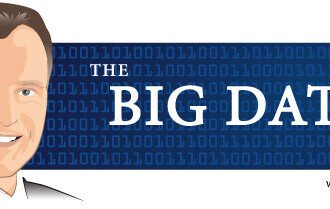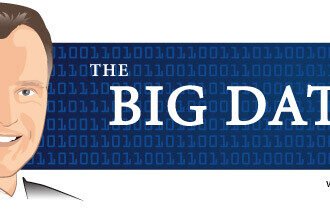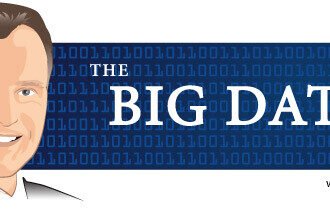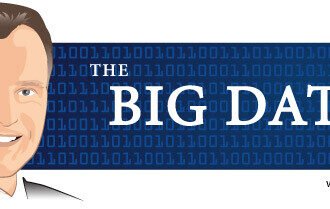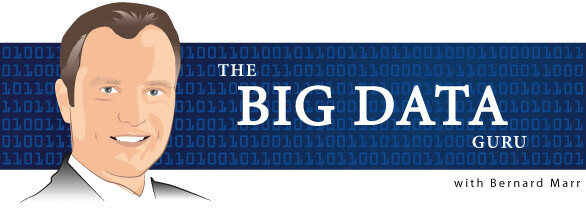
The HAL 9000 wants your job.
OK, it’s not the HAL 9000 (yet) but all over the world, intelligent machines are replacing jobs at an alarming rate. And the smarter they get, the faster they’re going to be replacing us. What I am talking about here is not a subtle shift to more automation but a real threat to society and the human race.

The HAL 9000 wants your job.
OK, it’s not the HAL 9000 (yet) but all over the world, intelligent machines are replacing jobs at an alarming rate. And the smarter they get, the faster they’re going to be replacing us. What I am talking about here is not a subtle shift to more automation but a real threat to society and the human race.
From self-driving cars and robot waiters to robotic doctors and robot journalists, what seem like novelties today will soon be commonplace. As just one example take Foxconn, the largest private employer in China that contract manufactures of products such as the iPhone, Kindle, Playstation etc. This giant company is installing 30,000 robots each year to perform tasks — tasks that used to be performed by a human worker. Terry Gou, Foxconn’s CEO, told his annual meeting, “We have over one million workers. In the future we will add one million robotic workers.”
And those one million robots will displace at least one million human workers.
What’s more, as the price of robots comes down each year, it will soon make sense to replace workers even in the lowest cost economies around the world.
The Rise of The Intelligent Robot
The threat, however, isn’t just from having more machines and trying to find work for all the manual workers that are being replaced, but from having smarter machines.
Computers (not necessarily robots in the physical sense) are already taking over certain jobs that traditionally only humans could perform. Economist Brian Arthur has coined the term “Second Economy” to describe transactions that take place between two computers, with no input from a worker.
Arthur estimates that the Second Economy will be as large as the first by 2025 — removing the need for as many as 100 million jobs.
The problem is that as computers get smarter, more and more people will be displaced from the workforce.
In an article in the Harvard Business Review, the authors postulate that if computers could be said to have an average IQ today of, say, 100 points, increasing their IQ by just 1.5 points per year would result in computers being smarter than 90 percent of the American population by 2025.
This is a particularly scary thought considering that over the history of commuting we have seen computers double their processing power every two years or so, which means they are indeed getting a lot smarter year by year.
When Machines Outsmart Humans
What happens when we create machines that have artificial intelligence (AI), when computers are smarter than humans and can act on their own?
Well, nothing good, according to Elon Musk, founder of Tesla, and Professor Stephen Hawking, one of the world’s most respected scientists.
Both men have said in recent interviews that unless we find a way to control AI, the results could be disastrous. Popular fiction from Do Androids Dream of Electric Sheep to Terminator to 2001: A Space Oddessy have imagined how AI might rise up and destroy us, but some of the greatest thinkers of our time are suggesting it’s not that far fetched.
(If you want to be completely freaked out by the possibilities, read this excellent article that details “the button problem” with AI.)
Others say we have much bigger problems to worry about than being destroyed by sentient robots; but if we continue along this path, outsourcing so many human jobs to robots and computers without making up for it with better education and training, we may not need a fanciful all-knowing computer to destroy us. We’ll have done it to ourselves.
“This is the way the world ends: Not with a bang but a whimper.”
As always, thank you very much for reading my posts. You might also be interested in my new big data case study collection, which you can download for free from here: Big Data Case Study Collection: 7 Amazing Companies That Really Get Big Data, and my article How is Big Data Used in Practice? 10 Use Cases Everyone Must Read.
And if you would like to read a free sample chaper of my book: Big Data: Using Smart Big Data, Analytics and Metrics To Make Better Decisions and Improve Performance You can find it here.







